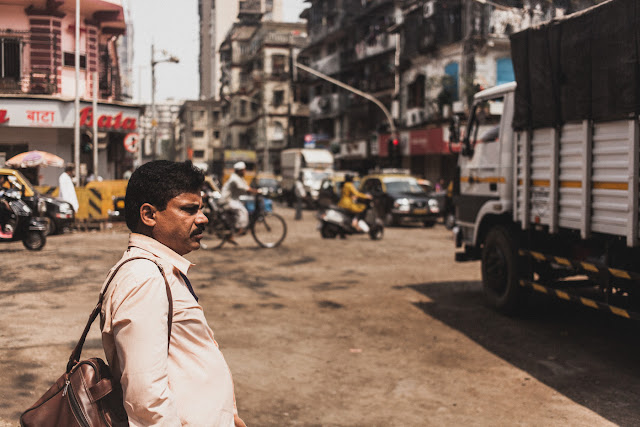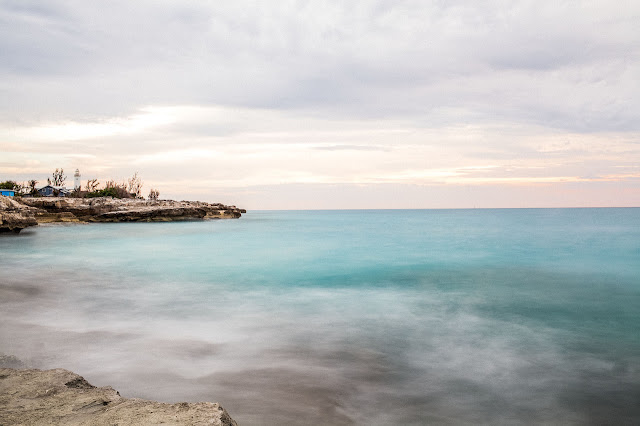Stories of Peru- Villa El Salvador
Our first stop in Peru (AI+MK) was Villa El Salvador, one of the largest slums in Latin America with over 400,000 residents. As a guest of Geremia we had unrestricted access to the area and the three schools she has built over the years. Villa El Salvador began as a shantytown in the large abandoned sand flats south of Lima in 1970. The area was occupied by immigrant families who had left the sierra of Peru. It evolved into a huge urban zone, largely self-orgazning, for which it won fame. Mostly through the efforts of its inhabitants, the neighborhood was supplied with electricity, water, sewage, a ruling council, security, and other city-like structures denied by the city of Lima.
Since June 1, 1983 Villa El Salvador has been formally established as a district within the Lima Province. Today, because of urbanizations, it is still growing and evolving. Families are poor, usually from the rural areas of Peru. often without papers and no access to health or education they work odd jobs and struggle to survive. De Porte Y Vida, founded by Geremia Iadicicco has been a part of Villa El Salvador for 30 years.
DE PORTE Y VIDA:
DE PORTE Y VIDA’s
focus is on children, adolescents and families
living in the ostracized district-like shantytown of Villa El Salvador in Lima
where children battle poverty, hunger, lack of clean water, healthcare and the
simple tools to change their destiny. DE PORTE Y VIDA tries to address these
needs not through a handout structure, but rather through the efforts of the local
community, enabling families to control their own fate and affect a difference
on their lives instead of relying on charity.
DE PORTE Y
VIDA is a
Peruvian
registered non-profit organization dedicated to promoting learning through a
combination of educational, psychosocial, physical, handicraft, artistic and
recreational methods for children and adolescents. Based in one of the largest and
most famous shantytowns in Latin America, Villa El
Salvador is home to some 400,000 people and was started in 1971 when a group of
200 poor families living in inner-city Lima slums decided to "invade"
a tract of desert land on the outskirts of the city. In less than two days,
9,000 people joined them.
The government reacted violently to the
land grab, sending in troops to evict the invaders. After several people were
killed in the standoff, the government tried to resolve the conflict peacefully
and offered the families a massive plot of land 12 miles further south of
metropolitan Lima. The land was on a large sand dune and had no water,
electricity, sewers or access roads. Nearly 7,000 families relocated there in
May 1971, and Villa El Salvador was born. It was officially incorporated as a
district of Lima in 1983. All the residents own their land (which was given to
them by the government) and live in houses built by their own means.
The
inhabitants of Villa El Salvador are poor, and receive little to no assistance
from the government, even today. DE PORTE Y VIDA believes that to affect
lasting change you have to educate children in a way that prepares them for an
active and self-reliant life in society as a part of the economy, not outside
of it. Their goal is to provide them with a balanced environment that focuses
on such things as improvement of communication skills; written and oral expression,
reading, writing, mathematics, nutrition and the development of creative
thinking.
All
classes are taught by qualified instructors and supported by teacher assistants
to ensure children get enough one-on-one guidance to succeed. In-class topics include citizenship, rights and
identity, art education, livelihood skill training, nutrition as well as
general studies and computer skills.
DE
PORTE Y VIDA strongly believes in a grass roots hierarchy to Aid: that people
need to be the catalysts of their own change for the aid to have a lasting
effect. Therefore parents are involved in all levels or organizations, funding
and development of the schools. There are currently three schools serving the
community of Villa El Salvador, non-for-profit.
-3593-Edit.jpg)
-3516.jpg)
-3638-Edit.jpg)
-3631-Edit.jpg)
-3341-Edit.jpg)
-3518-Edit-2.jpg)
-3136.jpg)
-0461.jpg)
-0395.jpg)
-3051-Edit-Edit.jpg)
-3363-Edit.jpg)
-3288.jpg)



